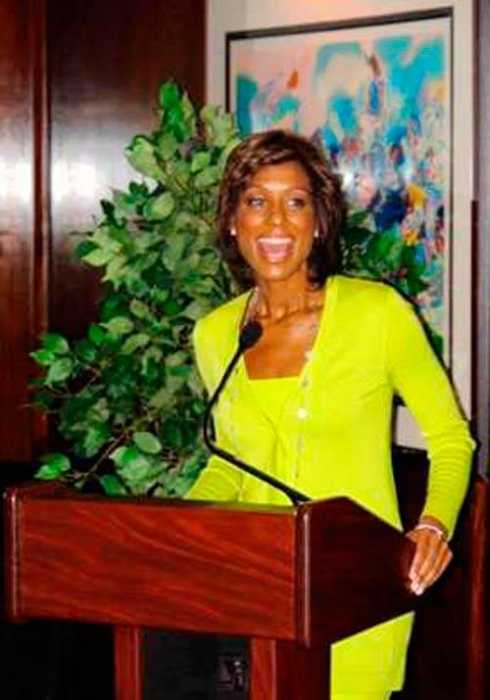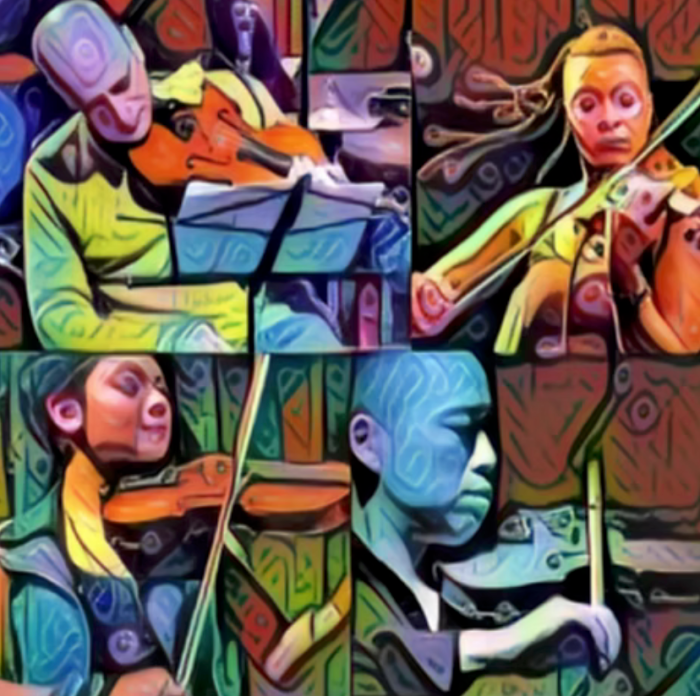Black History Month is almost over. Why do we celebrate it anyway? Because we must. We owe it to ourselves, regardless of where we fit among the Census Bureau’s categories. Awareness of the contributions of Black men and women to the betterment of civilization should be embedded in every educated person who is sensitive to the world around us. And those who are not as well.
People should not need to be reminded that Blacks in America and abroad are and have been far greater donors in all areas of human achievement that has been credited in textbooks, films, newspaper archives and family conversations over dinner tables. They are represented, though largely unacknowledged, in the pantheon of luminaries in every field.
Yet every February, our school bulletin boards and television mini-spots always feature the same superstars. We should study and admire them, but we should also expand the scope of eminence and spread the word about these dignitaries whose notability extends beyond sports, entertainment, community organizing and civil rights/social justice activism. There must be none of the restrictions on sectors of praise as there have historically been to access to society’s playing fields.
The general absence of a more panoramic view of Black excellence may subconsciously imply doubt of its legitimacy. That’s why it’s important that Black History Month not be merely a reference on a wall calendar but an internally-felt commitment to analysis.
Celebration of Black History Month shouldn’t be begrudging or half-hearted. What we glean from it is part of the common inheritance of all communities and omitting it from our collective ancestral memories would amount to a pathetic assertion of supremacy on our part.
So let’s look into ourselves during Black History Month and neither take the commemoration for granted nor view it as separate and apart from the creativity of the rest of humanity. The exemplars of Black culture must be fully integrated, not merely at the lunch counters, but in our shared hearts.
























